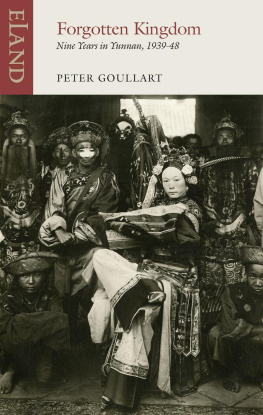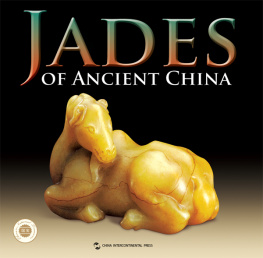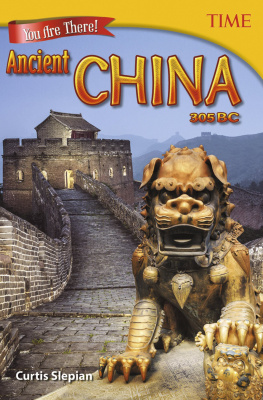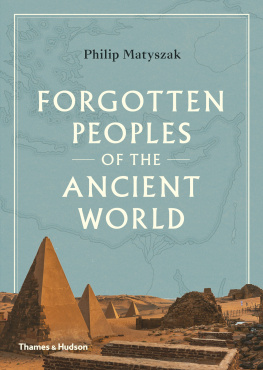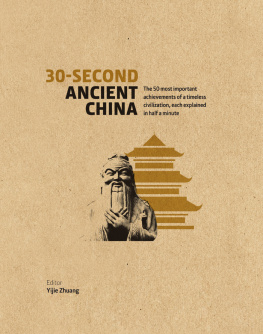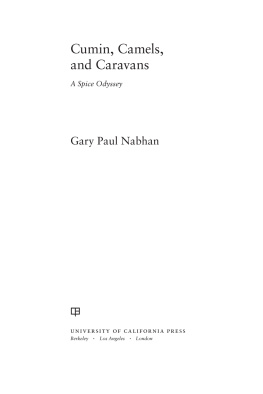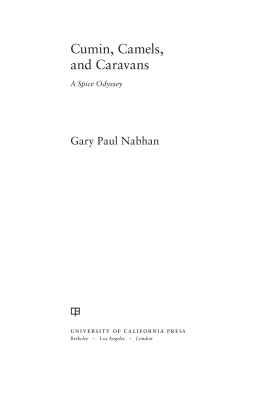I WAS born in Russia more than fifty years ago. The upheavals, which have swept the world since the beginning of this century, caught me at an early age, and so sudden and violent were the changes that I can never think of my life as one connected and orderly process but only as a series of lives with little to connect them. Yet the years have not dimmed the recollections of my boyhood. My father died when I was two years old and as the only child I became the centre of my mothers devotion. She was a wonderfully intelligent and sensitive woman, deeply interested in literature, music and the beauty of nature. I always felt that she was somewhat isolated from her many relatives because none of them could equal her in intelligence, understanding or the breadth of her views. She wrote poetry and painted: she was psychic, and all this drew her and, eventually, myself away from the other members of the family. Among her circle of friends were many of the outstanding scientists and philosophers of her time, and this may have had something to do with the method of my education which others considered peculiar and which was undertaken by a series of private tutors including a philosopher and a theosophist. I remember clearly the vibrant life of Moscow and the sophisticated quieter refinements of Paris, although I was still quite young at the time.
I developed early an interest in the Orient, particularly in China, Mongolia, Turkistan and Tibet. It must have been in my blood and it undoubtedly came from my mothers side. Her father and grandfather were great and famous merchants during the past century and their caravans went to Kobdo and Kiahta and even as far as Hankow to pick up China teas and silks. They ranged through Mongolia, trading in cattle, and dealt with Tibet in herbs, musk and saffron. All that was over when I appeared in the world and the only relic of the glorious past was my grandmother Pelagie, my mothers mother, who lived to the ripe age of ninety-seven. During the long winter evenings she used to tell me long stories of how her husband and his father made their journeys into Cathay and Mongolia and other fabulous lands where once Prester John and Ghenghiz Khan ruled. I listened starry-eyed; and all round her were old tea-chests painted with beautiful Chinese ladies proffering delicate teacups to bearded mandarins with fans and elaborate headdresses. There was lettering on the chests, like Hung Men Aromatic Tea, and there was still a faint fragrance of these rare brands floating in the heated air of her room. There were strange robes from Mongolia and Tibet in the long coffers against the walls, and Mongolian samovars, used by caravans, stood in the corner. I can still see the Shamanist drums and flutes hanging on the walls. This was all that remained of unrecorded travels: the men themselves were dead long ago.
I am glad that grandmother Pelagie died just before the revolutionshe was already half-blind and was unable to walk, but her mind was still brilliant when she talked of her beloved past. Then the revolution came. The subject is still painful to me and there is no need to relate it here as it has been described so often. My mother and I were determined to get out of Russia. We rushed by train to Turkistan only to find terror and bloodshed in Samarkand and Bokhara. The roads from there to Central Asia were blocked. We returned to Moscow to find the situation still worse. We fled to Vladivostok where we stayed for a year. On the way we were caught in the famous Czech uprising and it took us months to get through. The dangers and horrors we passed through best remain unrelated. At last we reached Shanghai.
In 1924 my mother died and I thought I could not survive her passing. In my grief I went to the famed West Lake near Hangchow and there, quite by chance, I met a Taoist monk. Our friendship was spontaneous for I was already familiar with the Chinese language and he took me to his monastery situated on a peak a few miles from town. There my friend ministered to me as if I were his dearest brother and the Grand Abbot received me with wonderful understanding. With their guidance I found peace, as though by magic, and my heart seemed to heal.
I continued to visit the monastery for several years, escaping whenever possible from Shanghai, where at first I maintained myself by working for commercial firms as an expert in Chinese antiques, jade and rare teas. Then in 1931 I joined the American Express and acted as a Tour Conductor escorting a wide variety of clients throughout China, Japan and Indo-China.
It may seem strange for a young man, working for a famous travel firm, to relax in Taoistic monasteries away from the brilliant lights of the Paris of the Orient; but it was just because of the extreme gaiety of Shanghai night life, which was an important feature of any tour, that I had to retire to such a refuge to restore my equilibrium and to regain my composure and strength.
I had only been at the American Express office a few days when an American millionaire, his wife and sister-in-law, booked me to take them to Peking. As a first step the millionaire instructed me to buy enough wines and food to last during the trip and to my embarrassment handed me ten thousand dollars in Chinese currency. This I had great difficulty in stuffing into my pockets. I stocked one of the cabins with two dozen cases of champagne and all kinds of fruit and canned delicacies. Unfortunately, as we put out to sea, a gale developed and the steamer rolled heavily. Several of the cases were smashed and when the cabin door burst open bottles spun in all directions over the saloon and down the passages, crashing into the walls and exploding with deafening blasts. The good-humoured millionaire was highly amused and this first excursion helped, oddly enough, to establish my reputation as a congenial courier and companion.
Then there was an eccentric American aviator of seventy-five, with a long white beard hanging almost to his knees. Whisking an aeroplane propeller out of his pocket he would shout: I am an aviator. He was a true eccentric bent on his quest for an earthly paradise somewhere in the Far East. We flew to Lanchow, carried as cargo in a small Junker cargo plane, for in those days the Chinese airways system was still in its infancy. Then we went to Peking and the old man rushed round amongst the other sightseers, twirling his little propeller in their faces and shouting: I fly, I fly, you see, like that! He chartered an aeroplane for a flight to the Great Wall, took several reporters and gave secret instructions to the German pilot. The plane twisted and dived and sometimes the Great Wall appeared below us, sometimes on top of us and sometimes we seemed to scrape its very battlements. It was an unusual way of seeing the Great Wall and the reporters sat with faces as green as water-melons.
I travelled extensively at this time for there were the routine tours and summer cruises as well as the more unusual journeys. China was a wonderful place to live in before the second Japanese war. I travelled also on my own and always stayed in Taoist monasteries through the introduction of my West Lake friend. I spent some time at Sian, the capital of the glorious Tang dynasty, and at Tungkwan, an old fortress of those days. I often spoke to my guru, the abbot, of my longings to go to West China, to live in that remote Tibetan country so little known to the Chinese and foreigners; but he always said the time had not yet come. Later, when the Japanese occupied Peking again and part of Shanghai, the guru told me that the moment had arrived. But how? I could not go there during war-time on my own. Then suddenly came the offer to join the Chinese Industrial Co-operatives. I consulted the old abbot again and he made a detailed prediction of what would happen to me during the next seven years. Everything happened as he foretold.

